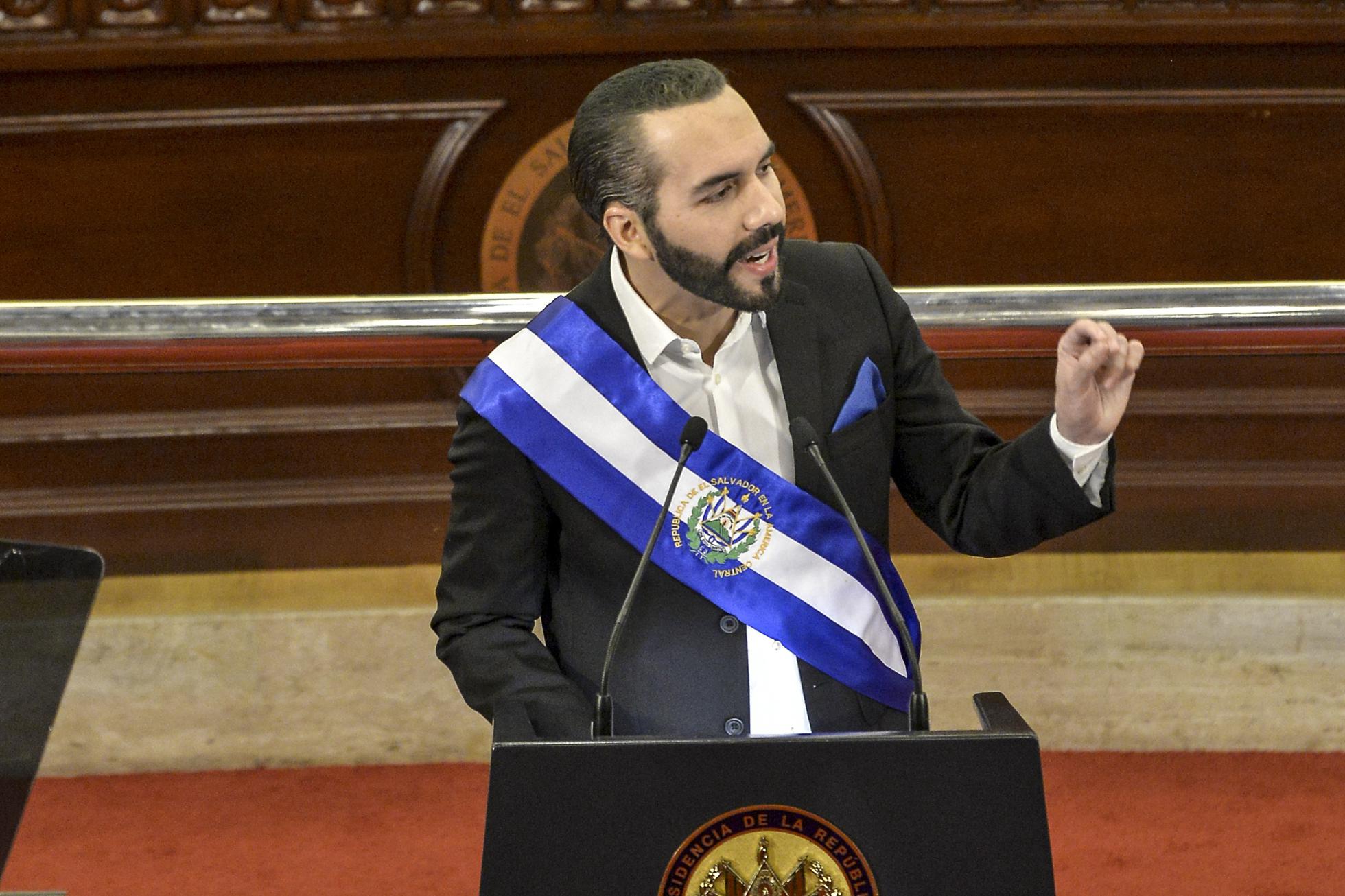
On June 5, at a conference in Miami, El Salvador President Nayib Bukele announced that the Central American country is in the process of adopting bitcoin as legal tender: a move that would make El Salvador the first country to deem bitcoin an official national currency. Despite El Salvador’s small size, Bukele’s effort is a major milestone in monetary policy history, one with significant ramifications for the global financial system.
‘Potentially helping billions around the world’
At the Bitcoin 2021 conference, Bukele described his legislative proposal as a way to “design a country for the future.” On Twitter, he pointed out that if 1 percent of the world’s bitcoin moved to El Salvador, it would amount to a quarter of the country’s annual economic output.
And Bukele is not engaging in wishful thinking. Each year, Salvadoran emigrants send $6 billion home in remittances, from places like the United States. Today, those remittances must travel through middlemen who take cuts as large as 20 percent. “By using bitcoin,” tweeted Bukele, “the amount received by more than a million low income families will increase in the equivalent of billions of dollars every year.”
70 percent of Salvadorans lack bank accounts, Bukele noted. Because people can transmit bitcoin to relatives and businesses on their smartphones, without the need for a bank account, the move to make Bitcoin legal tender could help achieve the “moral imperative” of financial inclusion, and provide “a space where some of the leading innovators can reimagine the future of finance, potentially helping billions around the world.”
The political party Bukele founded, Nuevas Ideas, controls 56 seats out of 84 in El Salvador’s legislative assembly, the Asamblea Legislativa, making it likely that Bukele’s bitcoin initiative is enacted into law.
